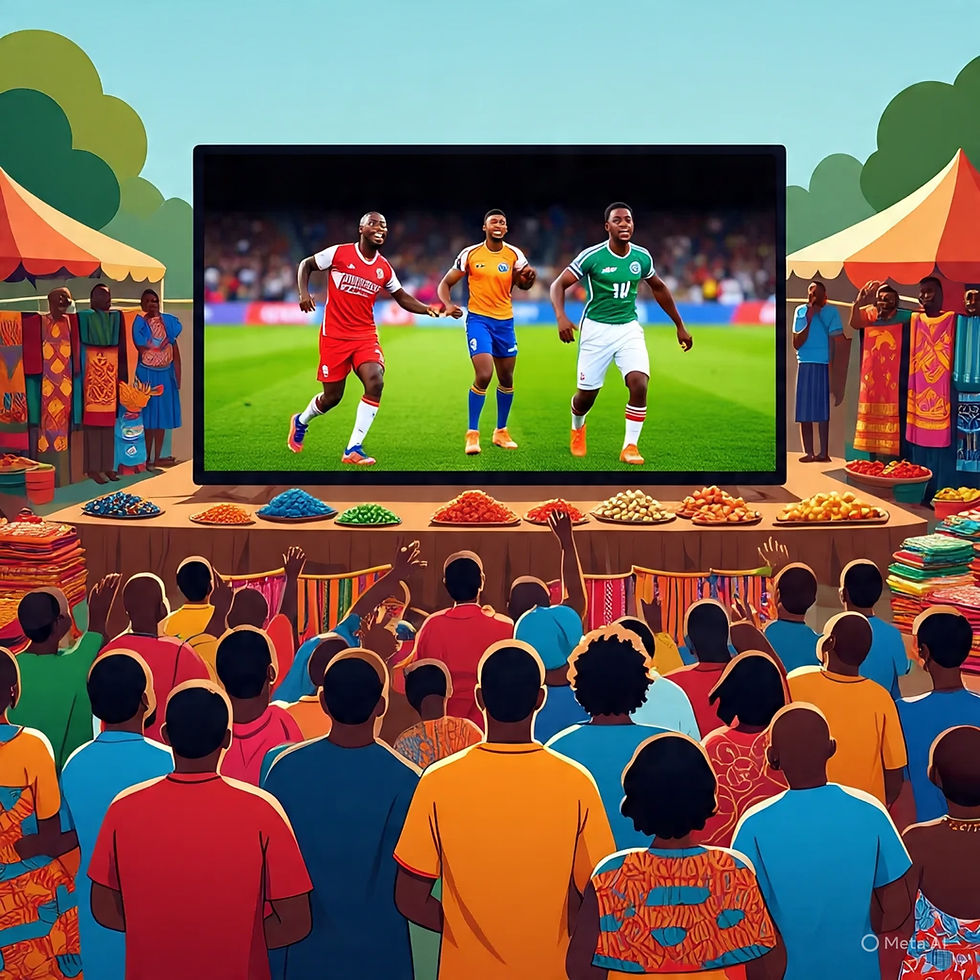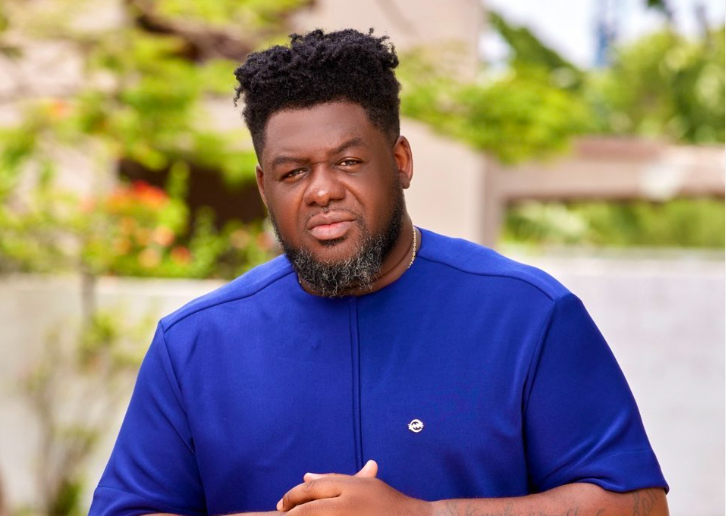Understanding the Challenges Africans Face in Producing World Boxing Champions
- orpmarketing
- May 17, 2025
- 5 min read

Boxing has a storied history in Africa, with moments of brilliance that echo through time—like Muhammad Ali’s legendary “Rumble in the Jungle” in Kinshasa or Azumah Nelson’s rise from the gritty streets of Bukom to global stardom. Yet, despite flashes of greatness, African nations have struggled to consistently produce world boxing champions. The continent, with its 1.4 billion people and deep well of athletic talent, punches below its weight on the global stage. Why is this? Let’s dig into the history, unpack the challenges, spotlight what’s happening now, and chart a way forward, backed by data and a few vivid glimpses into the ring.
A Glimpse at History: Africa’s Boxing Legacy
Africa’s boxing roots run deep, intertwined with colonial legacies and local traditions. In the late 19th century, British colonizers introduced Western-style boxing to harmonize tribal groups, often merging it with indigenous martial practices like Ghana’s asafo atwele, a form of kickboxing. By the early 20th century, prizefighting gripped communities, especially in South Africa’s mining towns and Ghana’s coastal slums. Heroes like Joe Coverwell, a violent yet revered figure in Kimberley, became symbols of black resilience, defeating English soldiers in epic bouts.
The mid-20th century saw Africa’s first global stars. Senegal’s Battling Siki became the first African to win a world title in 1922, though his triumph was marred by racism and tragedy—he was murdered in New York at 28. Nigeria’s Hogan “Kid” Bassey and Dick Tiger, along with Ghana’s Azumah Nelson, rose from poverty to claim world titles, their victories fueling national pride and narratives of masculinity and independence. South Africa, despite apartheid’s shadow, produced 35 world champions between 1927 and 2001, peaking in the 1990s with eight titleholders in 1998.
Yet, these successes were outliers. Data from 2017 shows Africa has produced only 52 individual world champions with 75 total belts across eight countries, a fraction compared to the United States’ 455 champions or Mexico’s 153. The continent’s heavyweight tally is even slimmer—four champions, including South Africans Gerry Coetzee and Corrie Sanders, and Nigeria’s Samuel Peter.
Why the Struggle? Unpacking the Challenges
Several factors explain Africa’s limited output of world champions:
Lack of Infrastructure and InvestmentBoxing requires gyms, equipment, and skilled coaches—resources often scarce in African nations. South Africa, with relatively better infrastructure, dominates the continent’s boxing scene, but even there, facilities are concentrated in urban centers. In places like Kenya or Uganda, boxers train in makeshift gyms with worn-out bags and no proper rings. A 2025 report on Kenya’s performance at the World Women’s Boxing Championships highlighted “ill preparations” and a lack of technical support, with no boxers advancing past the quarterfinals.
Economic BarriersPoverty drives many to boxing but also limits their potential. In Bukom, Ghana, kids fight to survive, not to train systematically. Most gyms don’t charge fees, banking on a rare talent to break through, but without funding, boxers can’t afford proper nutrition, travel, or international exposure. Promoters often overlook African fighters, favoring established markets like the U.S. or Mexico.
Institutional and Political NeglectBoxing federations in many African countries are underfunded or mismanaged. Former Kenyan coach Patrick Waweru criticized the lack of strategic planning, suggesting friendly matches with North African nations to boost standards. In Uganda, a Reddit user lamented the government’s failure to invest in boxing, despite abundant raw talent. Corruption and favoritism can also sideline promising fighters.
Global Competition and Structural DisadvantagesThe boxing world is dominated by North America and Europe, where sanctioning bodies, promoters, and media amplify local talent. African boxers face biased judging—Azumah Nelson famously said he took his “referee” into the ring, relying on knockouts to avoid unfair decisions. The continent’s champions, like Ilunga Makabu (WBC Cruiserweight) and Moruti Mthalane (IBF Flyweight) in 2020, are exceptions in a system stacked against them.
Cultural and Social ShiftsBoxing’s appeal is waning as MMA and other sports gain traction. In Brazil’s Bahia state, boxing surged with a local champion but faded as MMA took over. In Africa, soccer and athletics often overshadow boxing, pulling talent and resources away.
Current Situation: A Flicker of Hope
As of 2025, African boxing is at a crossroads. The World Boxing Council’s “Year of Africa” celebrates the continent’s legacy, spotlighting legends like Ali and Nelson while promoting new talent. Yet, the numbers tell a stark story: Africa has just two current world champions, a steep drop from its peak.
Bright spots exist. Algeria’s Imane Khalif made history as the continent’s first female Olympic boxing champion in 2024, signaling progress in gender inclusion. Bukom continues to churn out prospects, with gyms like Will Power training kids as young as eight. Social media amplifies African boxers’ visibility—Hassan Mwakinyo’s 2018 upset over Sam Eggington garnered 1.8 million YouTube views, with African fans flooding the comments.
But challenges persist. At the 2025 World Women’s Boxing Championships, African boxers like Kenya’s Elizabeth Andiego and Mozambique’s Alcinda Dos Santos fell in the quarterfinals, hampered by poor preparation and technical gaps. The continent’s boxing geographies remain uneven—North Africa and Anglophone countries like South Africa and Ghana dominate, while Francophone and Lusophone nations are largely ignored.
Caption: Young boxers train in the gritty Will Power gym in Bukom, Ghana, where resilience is forged in the face of scarcity.
Solutions and the Way Forward
To elevate African boxing, systemic changes are needed:
Invest in InfrastructureGovernments and federations must fund modern gyms, equipment, and coaching programs. South Africa’s model—urban training hubs with experienced trainers like Brian Mitchell—could be replicated in Nigeria, Kenya, or Algeria.
Increase International ExposureAfrican boxers need access to global circuits. Friendly matches with North African or European nations, as suggested by Waweru, would sharpen skills. Partnerships with promoters like Matchroom Boxing could secure spots on major cards.
Empower FederationsTransparent, well-funded boxing federations are crucial. Anti-corruption measures and merit-based selection can ensure talent rises. The African Boxing Union (ABU) could play a bigger role in coordinating regional championships.
Leverage Technology and MediaSocial media and streaming platforms can amplify African boxers’ stories. Mwakinyo’s viral moment shows the potential—federations should invest in digital marketing to attract sponsors and fans.
Nurture Youth and WomenPrograms targeting young boxers, especially girls, can expand the talent pool. Khalif’s Olympic success is a blueprint. Bukom’s gyms prove kids will train if given a chance—structured academies could channel that energy.
Celebrate Cultural RootsBoxing’s link to African martial traditions, like asafo atwele, can inspire pride and participation. Events like the WBC’s “Year of Africa” should go beyond symbolism, funding grassroots initiatives.
Looking Ahead
Africa’s boxing future hinges on turning potential into action. The continent has the raw talent—think of Bukom’s scrappy kids or Uganda’s unpolished prospects. But without investment, exposure, and reform, those dreams will stay in the shadows. The WBC’s 2025 initiative is a start, but it’s up to African nations, federations, and global partners to build a system where the next Azumah Nelson or Imane Khalif doesn’t just emerge by chance but by design.
Imagine a kid from Bukom stepping into a world-class ring, backed by a proper gym, a savvy promoter, and a roaring crowd. That’s not just a dream—it’s a plan. Let’s make it happen.
Sources: Cited throughout with referencing historical and current data from boxing records, academic articles, and media reports.web:




Comments